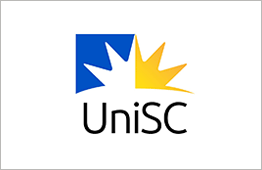We undertake committed scientific work to improve hospital and home care practices, to rigorously and independently test new products, and to promote global networks of vascular access researchers.
Patients experiencing medical treatment and needing IV catheters (including venous and arterial, central and peripheral, dialysis, chemotherapy, nutrition and cardiac care) benefit from reduced complications and a better experience of their IV treatment.
By drawing on our mix of inter-disciplinary expertise, understanding of the sector and access to international vascular access, we can help conduct needs assessment to identify gaps in clinical knowledge of professional evidence, identify potential areas of clinical practice change and develop appropriate strategies to help improve clinical workforce practice.
Our staff has professional experience in conducting these type of engagements with different clients including consulting companies, government agencies and industry bodies. The AVATAR group works to eliminate ineffective practices, and replace them with innovative solutions - saving global healthcare providers hundreds of millions of dollars per year.
Examples of Current Research Include:
Development of the Paediatric Michigan Appropriateness Guide for Infusion Catheters (mini-MAGIC)
Difficult Access Requires Thought, Training and Technology (DART3)
I-DECIDED device assessment and decision tool
Impact of Catheter Stabilization on Catheter Micro-Motion and Function (MOTION)
Innovation to improve the experience and outcomes of paediatric central venous access devices: the e-Vascular Access Passport (IV Passport)
LOVE-DIVA: Improving Difficult Vascular Access in Emergency Departments (LOVE-DIVA)
Peripherally inserted central catheter Innovation to reduCe Infections and Clots (The PICNIC trial)
Peripherally InSerted CEntral catheter dressing and Securement (PISCES Trial)
Preventing adverse events during paediatric cancer treatment (CLOCK Trial)
The IVCare adaptive platform trial: Towards zero bloodstream infections in IV catheters (IVCare)








